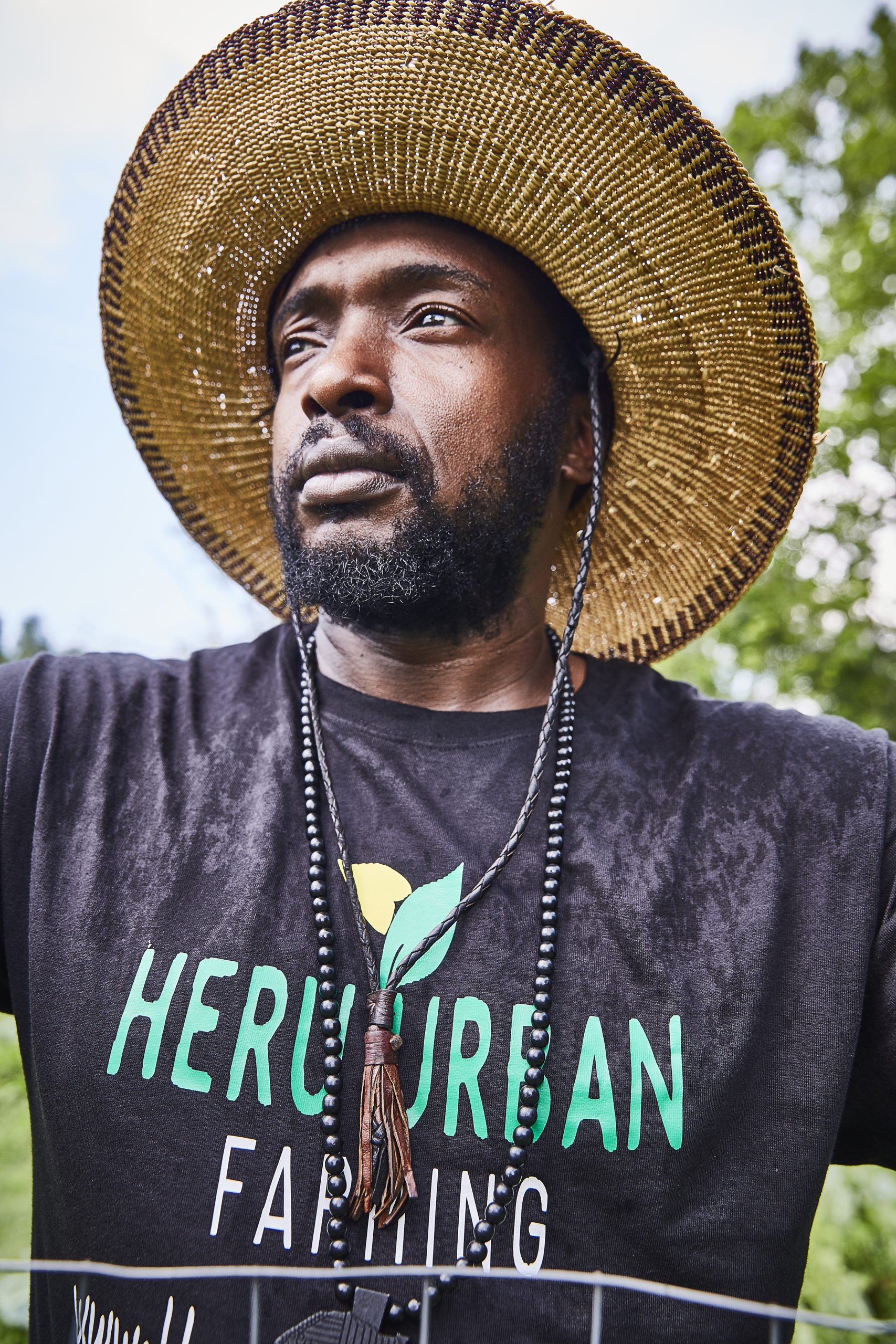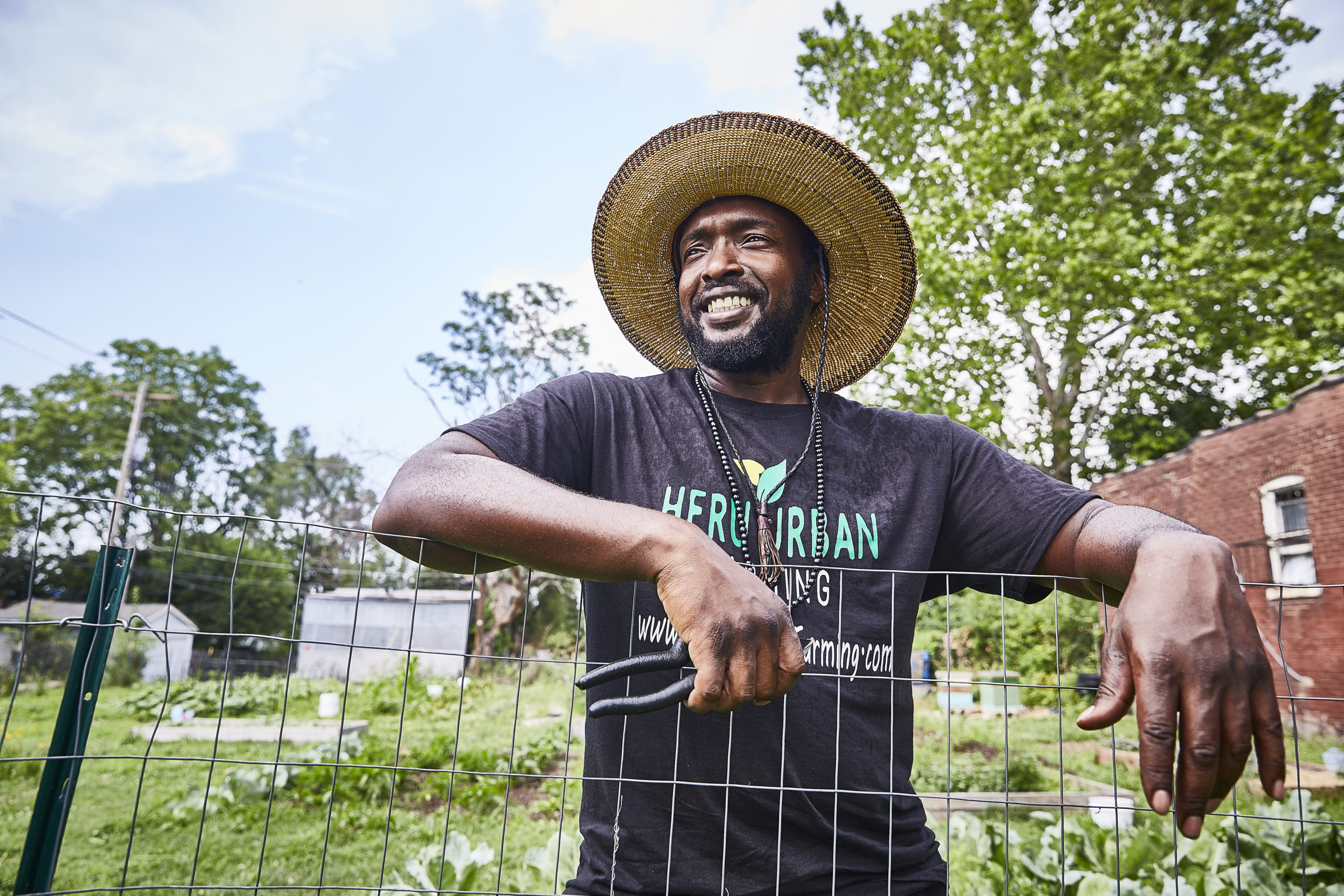WEPOWER & Kiva Join Forces to Address Racial Disparities In Access to Capital, Offer Zero Interest Loans to STL Small Business Owners
DECEMBER 10, 2020
WEPOWER & Kiva Join Forces to Address Racial Disparities In Access to Capital, Offer Zero Interest Loans to STL Small Business Owners
St. Louis, MO (December 2, 2020) — WEPOWER, a burgeoning STL-based social startup, and Kiva, an internationally renowned nonprofit lending platform, are thrilled to announce their partnership through which WEPOWER will serve as a Kiva Hub, the first of its kind in St. Louis, to offer zero interest loans to small business owners and entrepreneurs. WEPOWER partners with Black and Latinx communities to redesign systems to be just and equitable for all. WEPOWER recently wrapped its pilot of the WEPOWER Accelerator, supporting 10 Black and Latinx entrepreneurs in nearly quadrupling their average monthly sales and raising over $330,000 in grants, loans, and equity investments. Sophia Zisook, Partner Operations Manager at Kiva says, “WEPOWER has quickly established itself as a powerhouse in the fight to achieve racial and economic justice. This organizational ethos and efficacy fits perfectly with Kiva’s mission to build a financially inclusive world where all people hold the power to improve their lives.”
Kiva’s partnership with WEPOWER marks their first Hub in St. Louis and the state of Missouri. Zisook adds, “Kiva has been eager to grow our reach in this community with many entrepreneurs in need. We can now do that successfully, having found the right partner in WEPOWER.” Kiva harnesses its crowdfunding platform to provide zero percent interest capital to small business owners and entrepreneurs in need. With WEPOWER serving as the regional Hub, WEPOWER’s Entrepreneur Development and Outreach Lead Edgar Payano assumes an additional role as Capital Access Manager, creating a funding pipeline for entrepreneurs. Says Payano, “As a region, and nationally, we keep coming to the same conclusion: entrepreneurs need more access to capital, especially those from historically oppressed groups. While an interest-free loan can be life-changing, it’s still a loan and entrepreneurs are expected to pay lenders back on time. So, it’s not a donation. What it is, is allowing them to get sturdy footing on the capital ladder instead of having to turn to a predatory lender, as many struggle to access traditional CDFI or bank loans early in their entrepreneurial journeys.”
Zisook echoes this sentiment, “Many of the small business owners who come to Kiva have all the tools to succeed except one. They have a vision for success, a plan to achieve that success, and all they are missing is capital. When they see this community step up to support them, they know they’re getting a vote of confidence.”
That vote of confidence isn’t felt equally by budding entrepreneurs across all identity groups. Entrepreneurs of color face direct discrimination and structural racism, resulting in less access to capital, compounding existing inequities and making it harder for communities of color to build generational wealth. Research has shown that Black entrepreneurs are rejected for loans at higher rates, on average approved for lower loan amounts, and charged higher average interest rates. Access to capital, especially for Black and Latinx entrepreneurs, has become more urgently needed than ever. Nationwide, the number of Black-owned businesses dropped by an astounding 41 percent between February 2020 and April 2020. Racial equity is at the core of WEPOWER’s mission with generational wealth-building named as a key strategy. The WEPOWER Accelerator for Black and Latinx entrepreneurs was borne of this strategy.

One member of WEPOWER’s inaugural WEPOWER Accelerator cohort, Tyrean Lewis, owns Heru Urban Farming, an agriculture venture disrupting food apartheid by growing and selling fresh, healthy produce in St. Louis neighborhoods where it’s needed most. Lewis is one of Kiva’s first funded St. Louis business owners. He says, “Among many things, WEPOWER Accelerator helped prepare me to scale my business and pitch to investors. Getting a Kiva loan meant I was able to expand my operation by purchasing more agricultural land and equipment. Showing that folks invested in me and I made good with that money gives potential investors, and me, more confidence in what I’ve done and what I’m able to accomplish.”
Small business owners and entrepreneurs hoping to get more information about or apply for a Kiva loan through WEPOWER need only reach out via [email protected] or visit https://www.kivaushub.org/application. Who should apply? Everyday business owners and entrepreneurs with strong ties to their community who could use a cash infusion (ranging from $1,000 to $15,000) to get things going or take their success to the next level.

